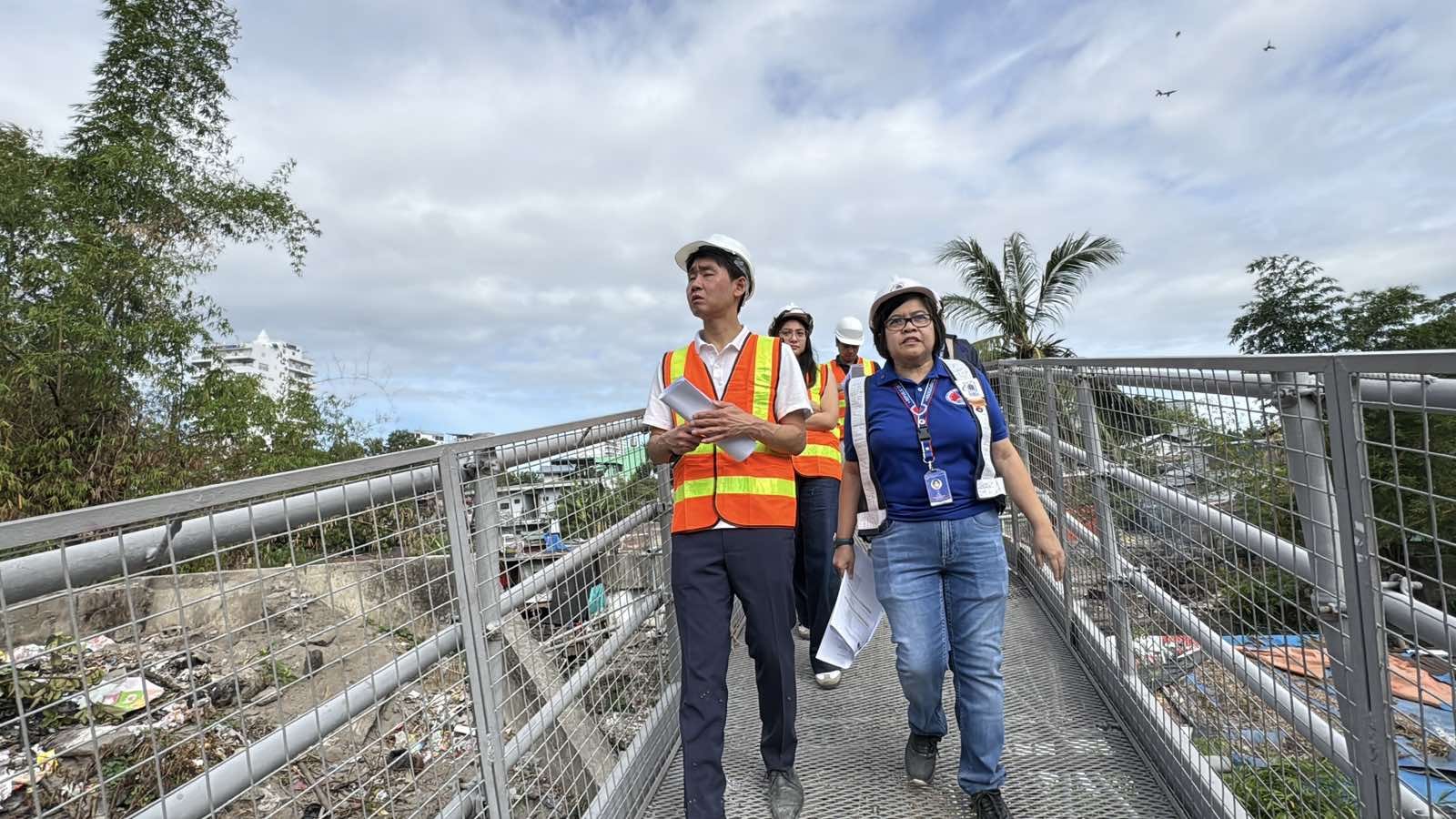The Department of Health (DOH) is encouraging parents and caregivers to have their newborns undergo Expanded Newborn Screening (ENBS) to detect life-threatening conditions early.
According to DOH Central Luzon’s Regional Newborn Screening Program Manager, Jean Canlas, ENBS can identify over 29 congenital and heritable disorders in newborns. “Detecting these conditions early is crucial because symptoms may become irreversible once they appear. Timely management can prevent complications and allow immediate treatment for affected infants,” Canlas explained.
Newborn screening can detect various disorders, including endocrine, amino acid, organic acid, and urea cycle disorders, as well as hemoglobinopathies.
The procedure is ideally done 24 hours after birth using a heel prick to collect a blood sample for testing. It costs P1,800 but is free for PhilHealth members under the newborn care package. Screening can be done in hospitals, birthing centers, and accredited laboratories.
Central Luzon has 800 newborn screening facilities out of the 7,000 nationwide. Additionally, three Newborn Screening Continuity Clinics in the region provide long-term care for patients with confirmed disorders.
The DOH is also working to raise awareness of the importance of ENBS through advocacy programs, collaborations, and partnerships with local governments and health facilities.
In 2023, Central Luzon surpassed the national newborn screening target of 95%, screening 107.45% or 183,453 newborns. As of August 2024, the region has screened 59.11% of newborns, or 100,923 infants.
The most common disorder detected nationwide is G6PD deficiency, while maple syrup urine disease is more prevalent among screened infants in Central Luzon. (Philippine News Agency | Marie Joy S. Carbungco)














